Product Name: Aluminum Forging
Product Type: Metal Forging
Material: Aluminum
Shape: Customized
Surface Treatment: Anodizing, Powder Coating, Spray Painting, Polishing
Production Process: Die Casting, Press Forging
Advantages:
1. High strength-to-weight ratio
2. Superior mechanical properties
3. Enhanced resistance to fatigue and wear
4. Tight dimensional tolerances
5. Cost-effective production
| Color | Silver |
|---|---|
| Material | Aluminum |
| MOQ | 1 Pcs |
| Sample | Available |
| Place of Origin | China |
Product Details
MINGYU Tech is a reputable supplier of aluminum alloy forging for the telecommunications industry. With our advanced forging technology and expertise, we can produce forgings for a wide range of telecommunications equipment, including antennas, satellite dishes and support structures. Our team works closely with our customers to provide cost-effective solutions that meet their specific needs. We are committed to providing the highest quality products and excellent customer service to our customers in the telecommunications industry.
aluminum alloy forging is a manufacturing process that involves shaping aluminum alloys into customized parts and components through the application of compressive force. The process involves heating the aluminum to a specific temperature and then using extreme pressure to force it into a specific mold or die. This results in a uniform and strong end product that is highly durable and resistant to wear and tear.
At MINGYU Tech, we specialize in aluminum alloy forging and have years of experience in producing high-quality parts and components for various industries. Our state-of-the-art equipment and skilled technicians allow us to provide our clients with top-notch products that meet their exact specifications.
| Place of Origin | China |
| Material | Metal Aluminium Steel Copper Brass |
| Process | Forging+machining+HT+finish Machining |
| Surface treatment | Polishing |
| Application | Machinery Parts |
| Product name | aluminum alloy forging |
| Certificate | TS16949/ISO9001 |
| Color | Customized Color |
| Quality Control | 100% Inspection |
| Lead Time | 15-35 Days |
| MOQ | 1 Piece |
| Supply Ability | 198026 Piece/Pieces per Month |
| Quantity (pieces) | > 538 |
| Lead time (days) | To be negotiated |
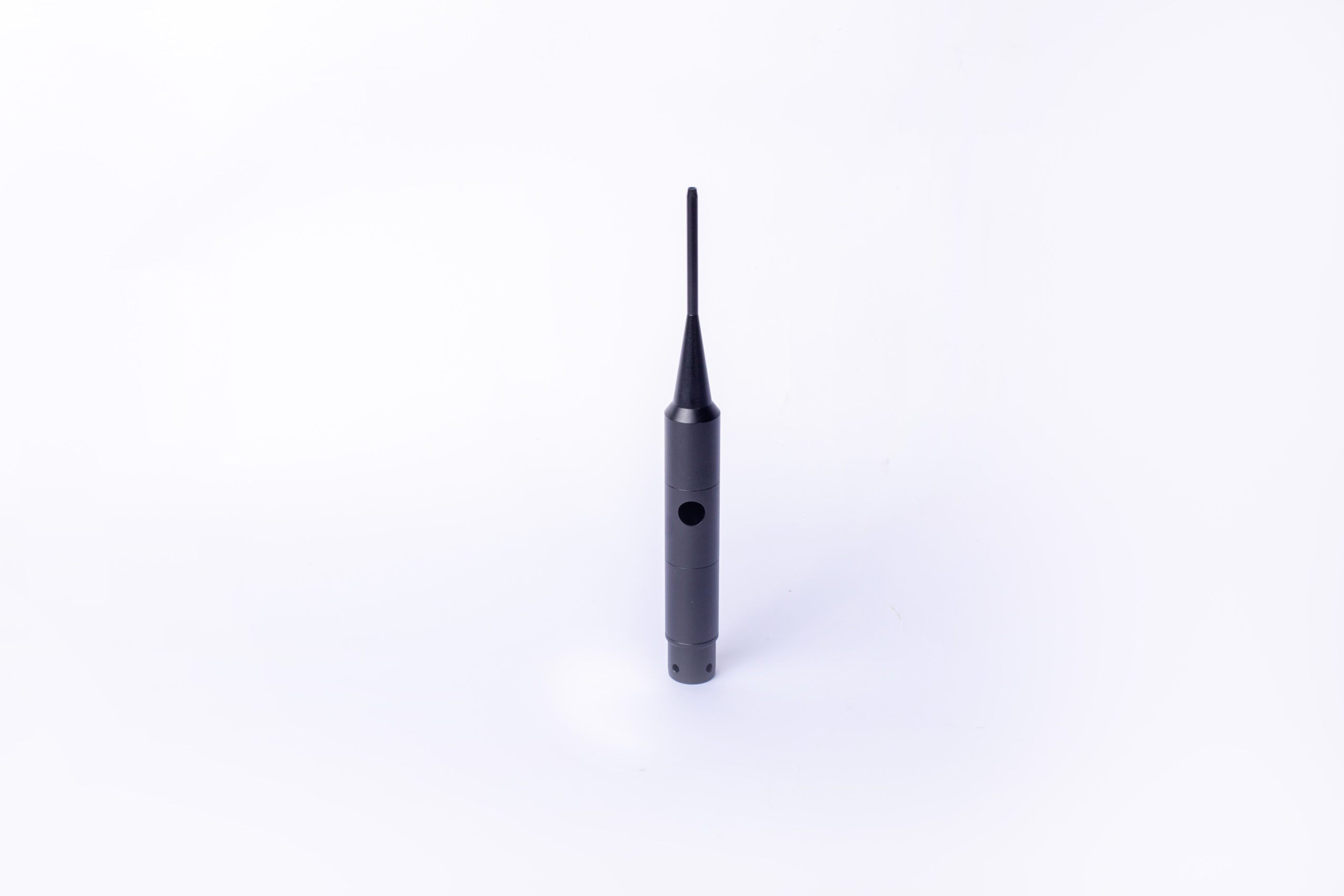
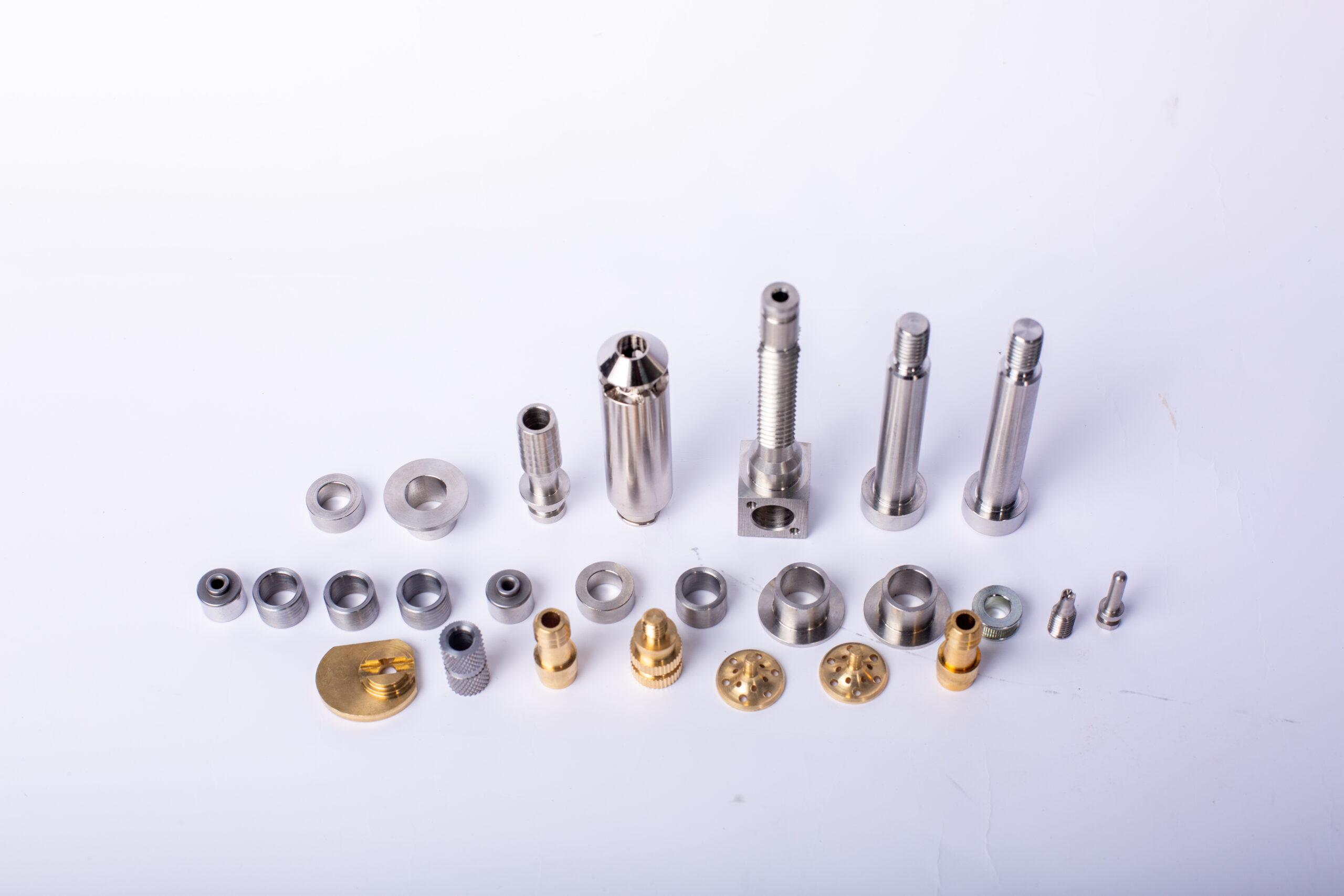
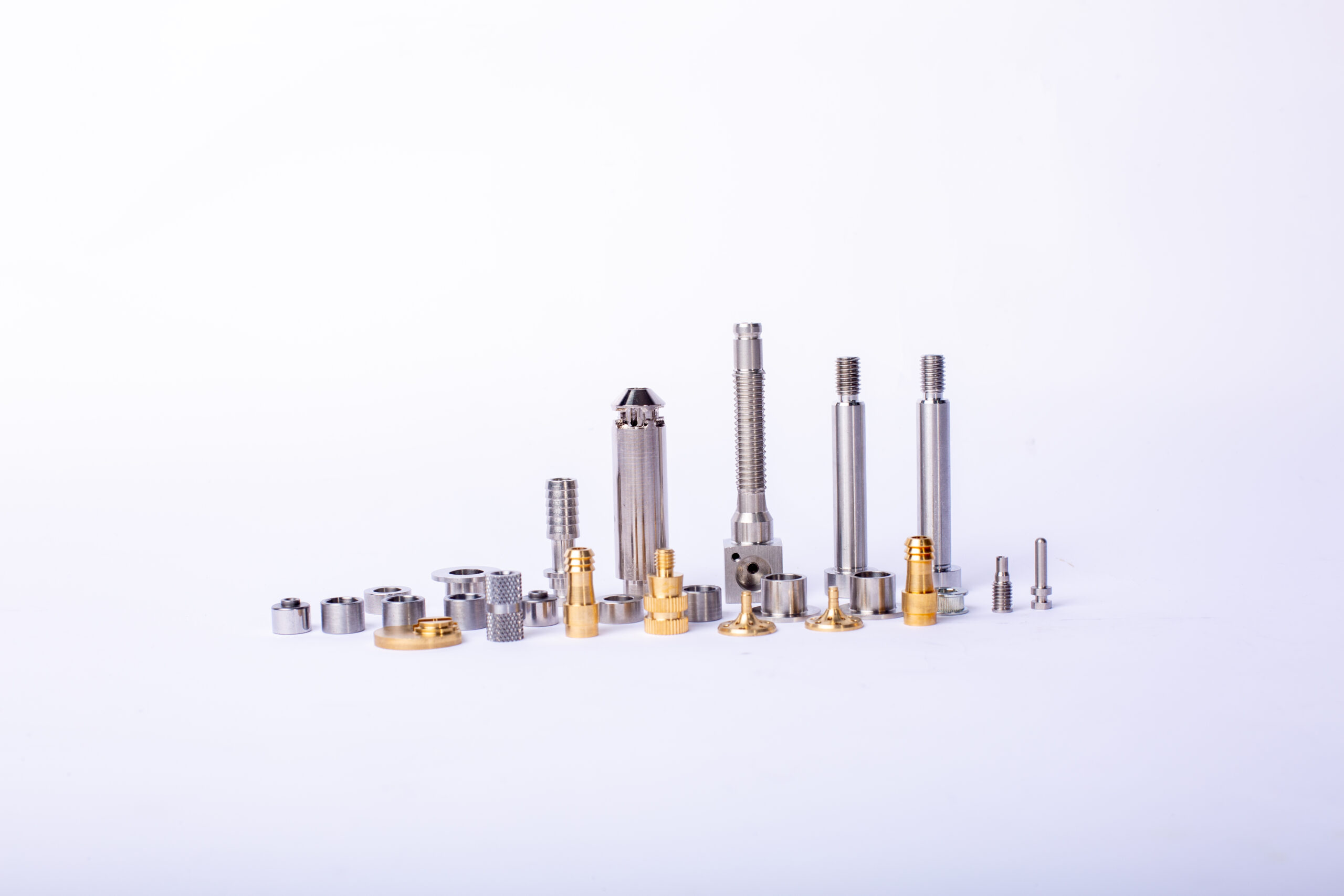
aluminum alloy forging FAQs Guide.
Our company is dedicated to providing high-quality aluminum alloy forging products to meet the needs of various industries. With advanced technology and skilled craftsmanship, we have become a leading manufacturer in the field of aluminum alloy forging. Our products are widely used in aerospace, automotive, and construction industries, just to name a few. We take great pride in our products as they are not only durable and reliable, but also lightweight and eco-friendly. Through this introduction, we hope to showcase the versatility and excellence of our aluminum alloy forging products. Thank you for choosing us as your trusted provider of top-notch aluminum alloy forging products.
1.Are there any limitations to the size or complexity of products that can be forged from aluminum?
We adhere to the principle of integrity and transparency, and establish long -term relationships with partners, and we attach great importance to this detail.
Yes, there are limitations to the size and complexity of products that can be forged from aluminum. Aluminum is a relatively soft metal, so it is not suitable for forging large or complex parts. Additionally, aluminum has a low melting point, so it is not suitable for forging parts that require high temperatures.
2.Are there any differences in the mechanical properties of forged and cast aluminum?
We pay attention to the transformation of intellectual property protection and innovation achievements. Your OEM or ODM order design we have a complete confidentiality system.
Yes, there are differences in the mechanical properties of forged and cast aluminum. Forged aluminum is typically stronger and more ductile than cast aluminum, due to the forging process which increases the grain size and improves the mechanical properties. Forged aluminum also has a higher yield strength and tensile strength than cast aluminum. Cast aluminum is typically softer and more brittle than forged aluminum, and has a lower yield strength and tensile strength.
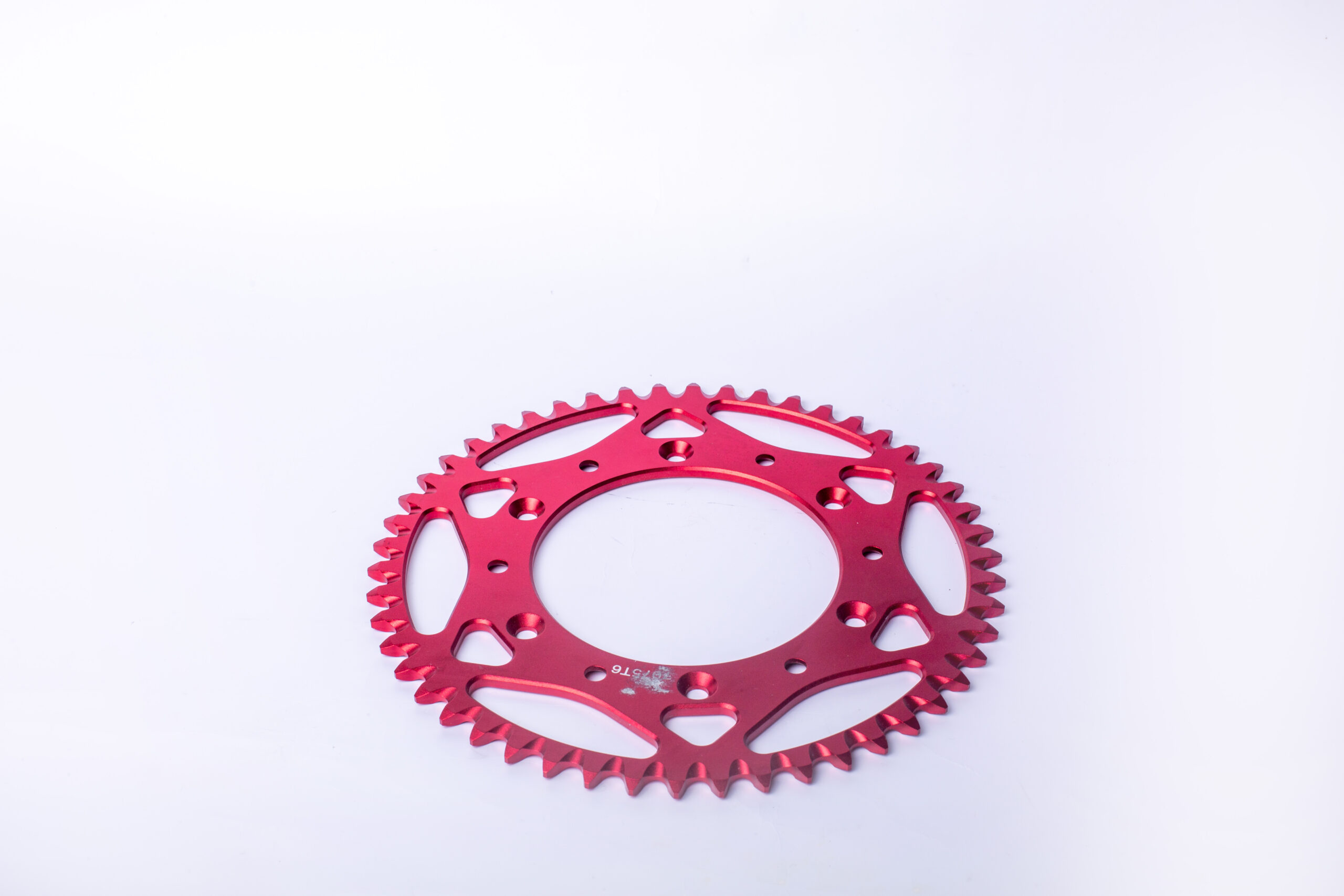
3.What safety measures should be taken during the handling and transportation of hot aluminum alloy forgings?
Our mission is to provide customers with the best solutions for aluminum alloy forging.
1. Wear protective clothing, such as heat-resistant gloves, long-sleeved shirts, and safety glasses.
2. Use appropriate lifting equipment, such as slings, chains, and hooks, to move the hot aluminum forgings.
3. Secure the hot aluminum forgings with straps or chains to prevent them from shifting during transportation.
4. Ensure that the hot aluminum forgings are properly insulated to prevent heat loss.
5. Monitor the temperature of the hot aluminum forgings during transportation to ensure that they do not exceed the maximum temperature limit.
6. Use a fire extinguisher in case of an emergency.
7. Ensure that the hot aluminum forgings are transported in a well-ventilated area.
8. Avoid contact with combustible materials while handling and transporting the hot aluminum forgings.
4.What are the material testing methods used for evaluating aluminum alloy forgings?
1. Visual Inspection: This is the most basic form of testing and involves examining the surface of the aluminum forging for any signs of defects or irregularities.
2. Ultrasonic Testing: This method uses high-frequency sound waves to detect any internal flaws or defects in the aluminum forging.
3. Magnetic Particle Testing: This method uses a magnetic field to detect any surface or subsurface flaws in the aluminum forging.
4. Radiographic Testing: This method uses X-rays to detect any internal flaws or defects in the aluminum forging.
5. Hardness Testing: This method uses a hardness tester to measure the hardness of the aluminum forging.
6. Chemical Analysis: This method involves analyzing the chemical composition of the aluminum forging to ensure it meets the required specifications.
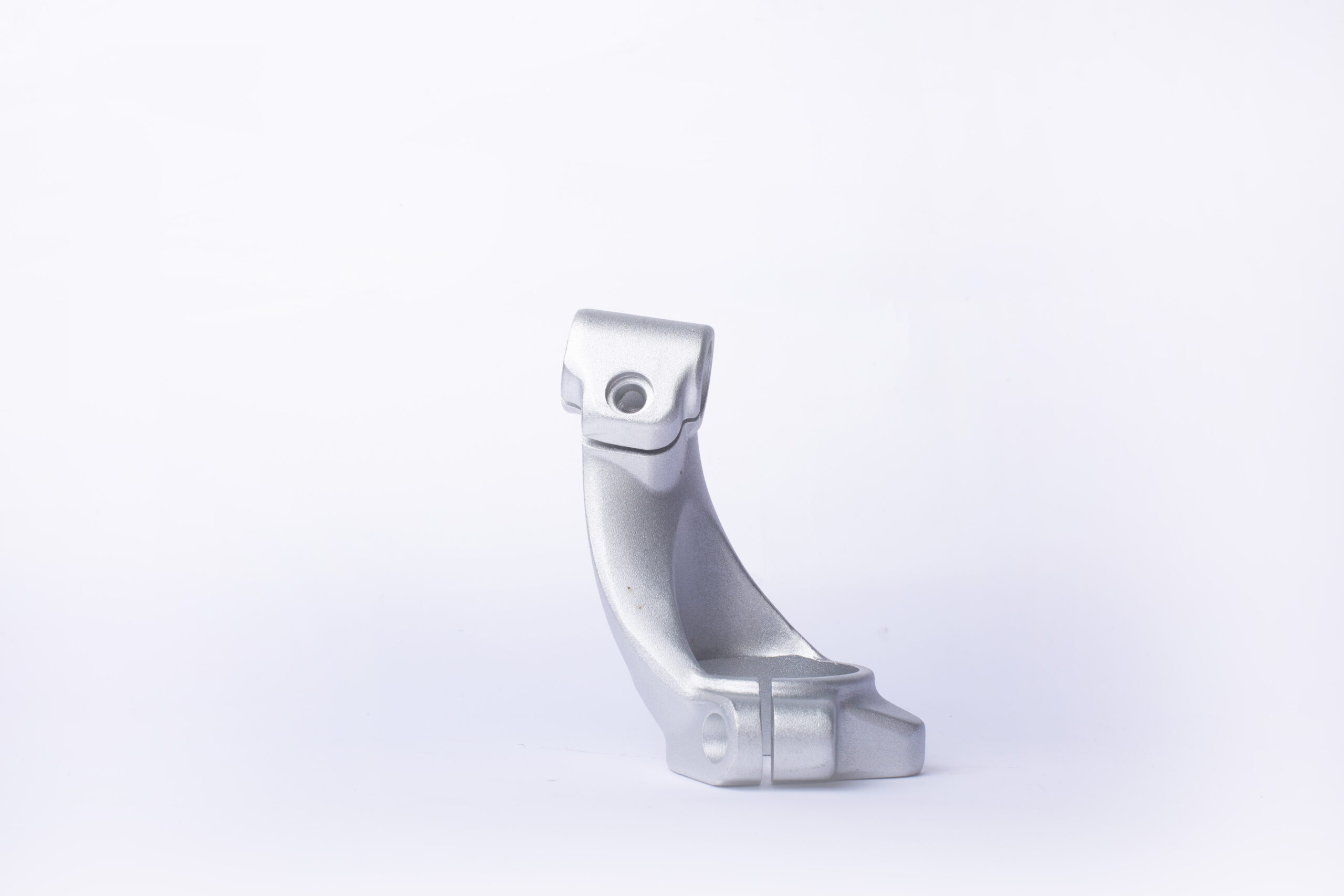
5.How does the choice of alloy affect the properties of aluminum alloy forgings?
We have been working hard to improve service quality and meet customer needs.
The choice of alloy affects the properties of aluminum forgings in a variety of ways. Different alloys have different levels of strength, ductility, corrosion resistance, and other properties. For example, some alloys are stronger and more durable than others, while some are more resistant to corrosion. Additionally, some alloys are better suited for certain applications than others. For example, some alloys are better suited for high-temperature applications, while others are better suited for low-temperature applications.
6.How do environmental factors, such as temperature and humidity, affect the aluminum alloy forging process?
We focus on teamwork and communication to achieve common goals, We attach great importance to this detail.
Temperature and humidity can have a significant impact on the aluminum forging process. High temperatures can cause the aluminum to become too soft and malleable, making it difficult to form into the desired shape. Low temperatures can cause the aluminum to become too brittle and crack during the forging process. High humidity can cause the aluminum to become sticky and difficult to work with, while low humidity can cause the aluminum to become too dry and brittle. Additionally, high temperatures and humidity can cause the aluminum to corrode more quickly, leading to a shorter lifespan for the forged product.
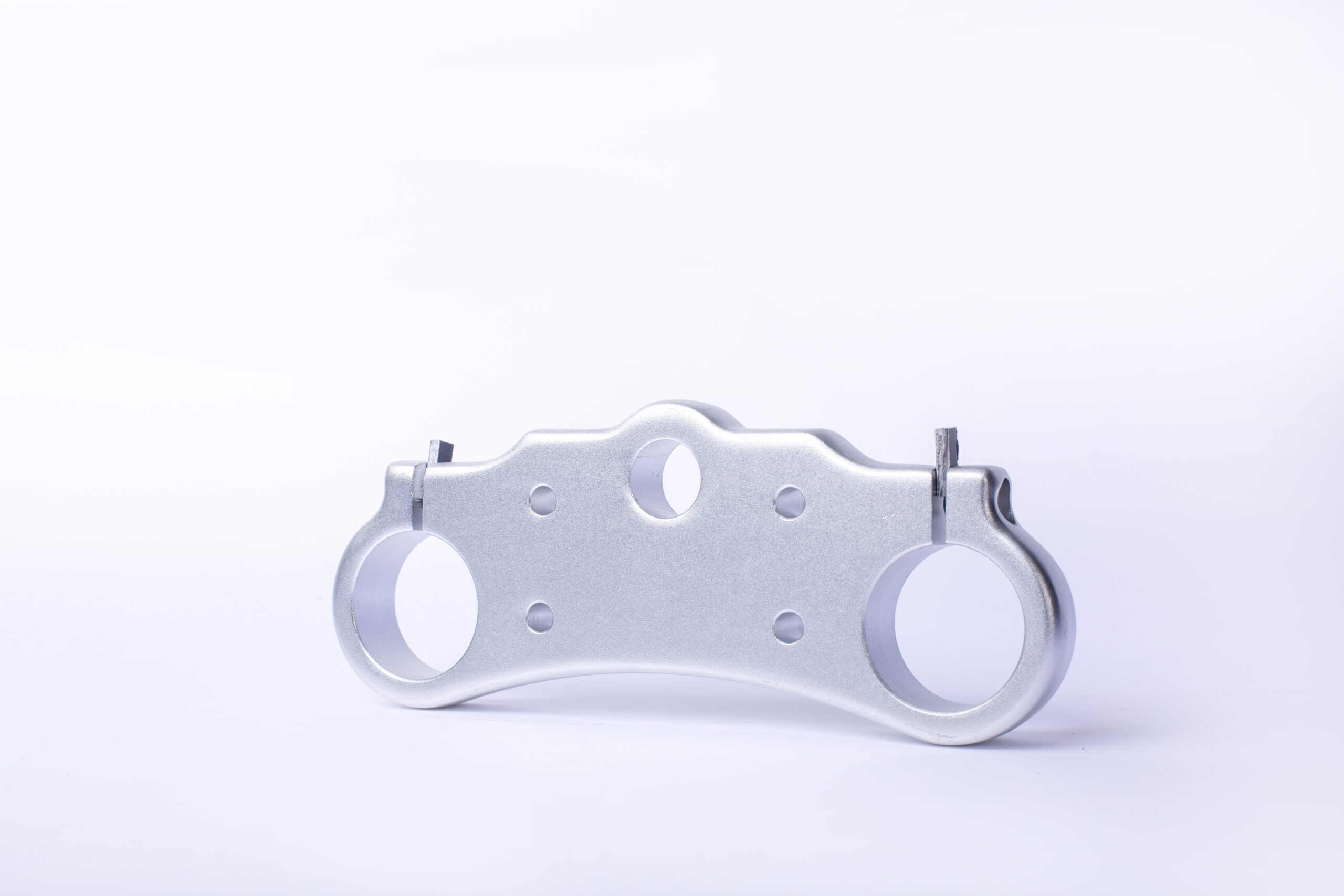
7.How is aluminum alloy forging different from other metal forging processes?
We continue to invest in research and development and continue to launch innovative products.
Aluminum forging is different from other metal forging processes in that it requires a different set of tools and techniques. Aluminum is a softer metal than other metals, so it requires a different set of tools and techniques to shape it. Aluminum forging also requires a lower temperature than other metals, so it is more energy efficient. Additionally, aluminum forging is more cost effective than other metal forging processes due to its lower melting point.
8.What are the advantages of using aluminum alloy forging?
We have a wide range of aluminum alloy forging customer groups and establishes long -term cooperative relationships with partners. The countries we provide services include $keyworrd{国家变量}.
1. Strength: Aluminum forging offers superior strength and durability compared to other manufacturing processes.
2. Lightweight: Aluminum is a lightweight material, making it ideal for applications where weight is a factor.
3. Cost-Effective: Aluminum forging is a cost-effective manufacturing process, as it requires less energy and fewer resources than other processes.
4. Corrosion Resistance: Aluminum is naturally resistant to corrosion, making it ideal for applications where corrosion is a concern.
5. Design Flexibility: Aluminum forging allows for complex shapes and designs to be created, making it ideal for custom parts and components.
6. Recyclability: Aluminum is a recyclable material, making it an environmentally friendly choice.

9.About aluminum alloy forging production equipment
Aluminum forging production equipment is used to shape and form aluminum into a variety of shapes and sizes. This equipment is used in a variety of industries, including automotive, aerospace, and construction. The equipment is used to create parts for cars, airplanes, and other products. It is also used to create custom parts for specific applications. The equipment is designed to be efficient and reliable, and it is capable of producing high-quality parts.
10.How does the cost of aluminum alloy forging compare to other metal forging processes?
We have advanced production equipment and technology to meet the needs of customers, and can provide customers with high quality, low priced aluminum alloy forging products.
The cost of aluminum forging is typically lower than other metal forging processes due to the lower cost of aluminum compared to other metals. Aluminum is also easier to work with than other metals, which can reduce the cost of labor and production time. Additionally, aluminum is a lightweight metal, which can reduce the cost of shipping and handling.
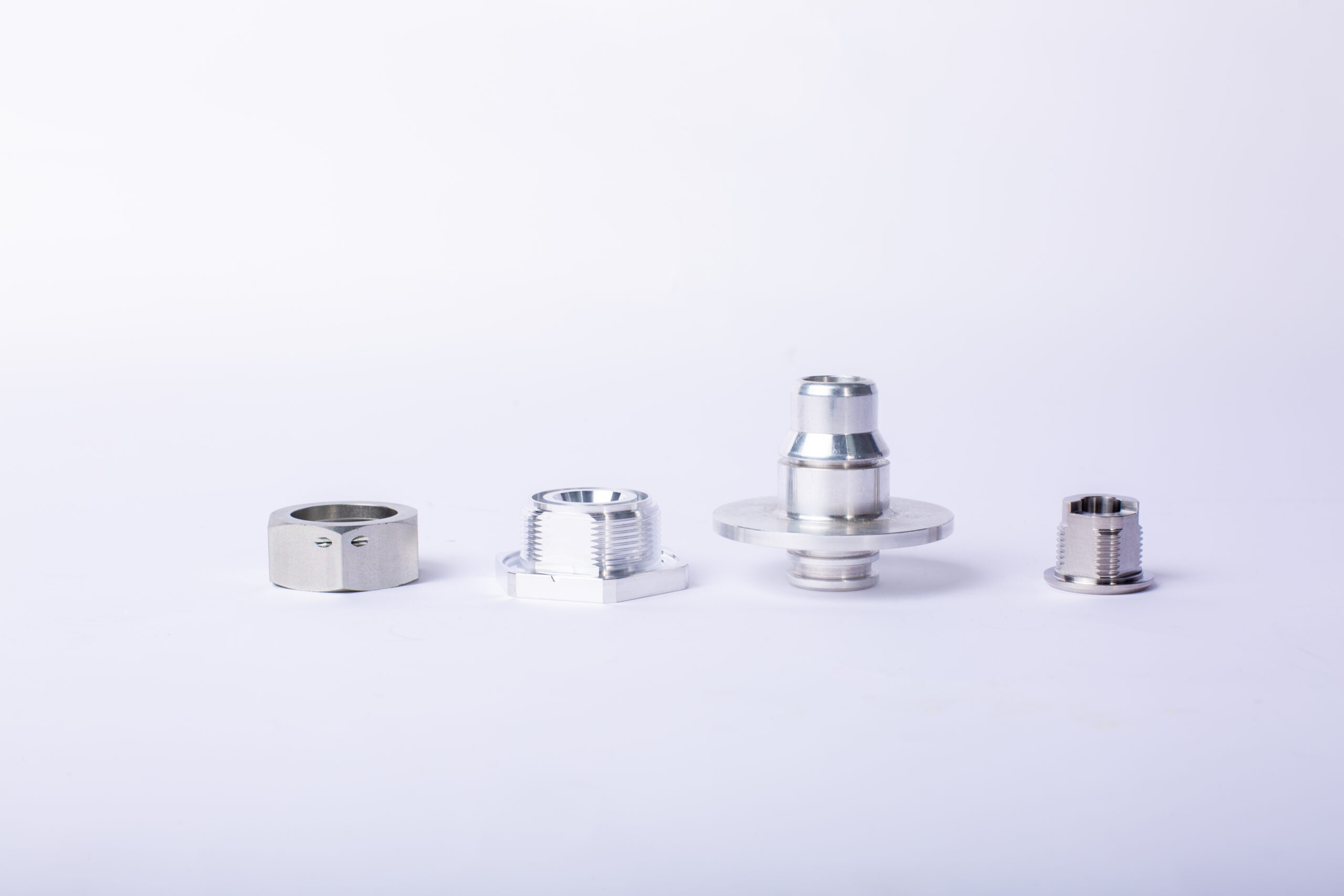
11.About aluminum alloy forging production capacity
Aluminum forging production capacity is determined by the size and complexity of the parts being produced, the type of forging process used, and the number of machines available. Generally, the larger the part, the more machines and time are required to produce it. The complexity of the part also affects the production capacity, as more complex parts require more time and machines to produce. Additionally, the type of forging process used can affect the production capacity, as some processes are more efficient than others.
12.How are tolerances achieved during the aluminum alloy forging process?
aluminum alloy forging is not a product only, but also can help you comes to money-making.
Tolerances are achieved during the aluminum forging process by controlling the temperature of the aluminum, controlling the speed of the forging press, and controlling the amount of force applied to the aluminum. Additionally, the die used in the forging process must be designed to the desired tolerance specifications. Finally, the aluminum must be inspected and tested to ensure that it meets the desired tolerance requirements.
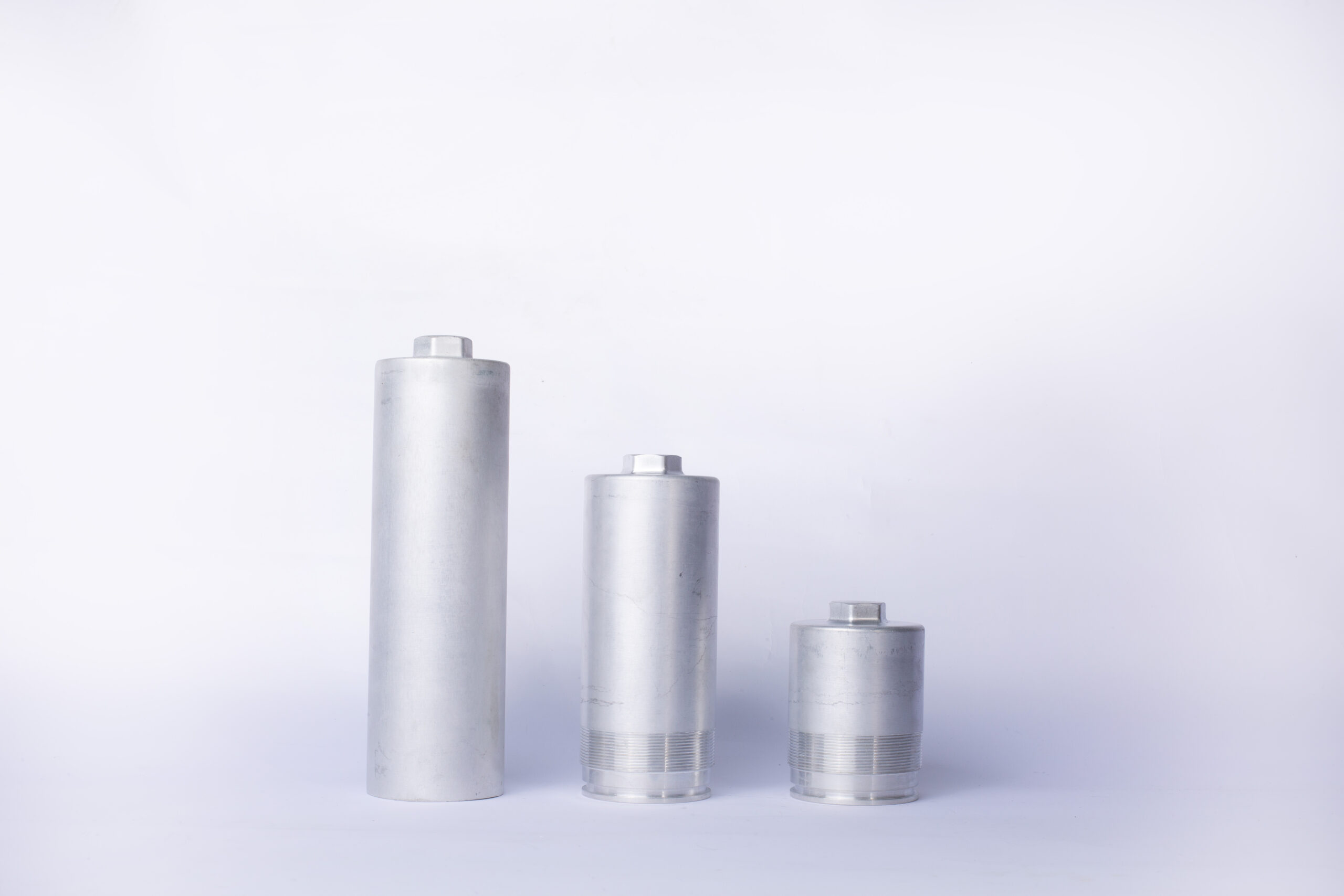
13.What is the typical lead time for aluminum alloy forging production?
We have a professional team that is committed to the innovation and development of aluminum alloy forging.
The lead time for aluminum forging production can vary depending on the complexity of the part and the size of the order. Generally, lead times range from 4-8 weeks.
14.About aluminum alloy forging patent
Aluminum forging patents are patents that cover the process of forging aluminum into a desired shape. This process involves heating the aluminum to a high temperature and then using a hammer or press to shape it into the desired shape. The process of aluminum forging is used to create parts for a variety of industries, including automotive, aerospace, and medical. Patents related to aluminum forging cover the process of forging, the tools used, and the materials used.
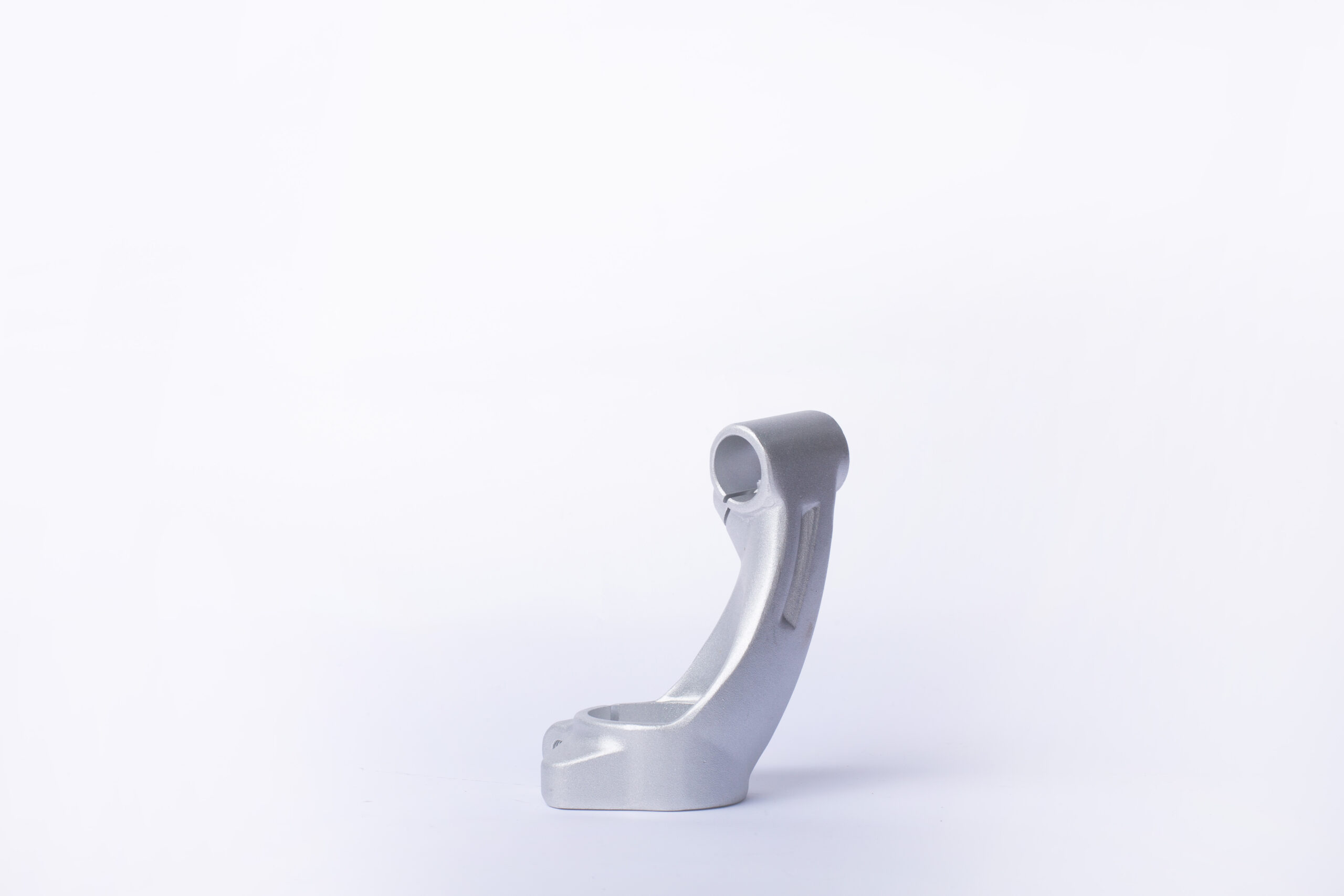
Tag:forged billet aluminum,aluminum wheel forging,large aluminum forging,forge aluminum
Product Inquiry
We will respond within 12 hours, please pay attention to the email “@163.com” or “@alumforge.com”.
Also, you can go to the Contact Page, which provides a more detailed form, if you have more inquiries for products or would like to obtain OEM service.
Our sales experts will respond within 24 hours, please pay attention to the email with the suffix “@163.com”.